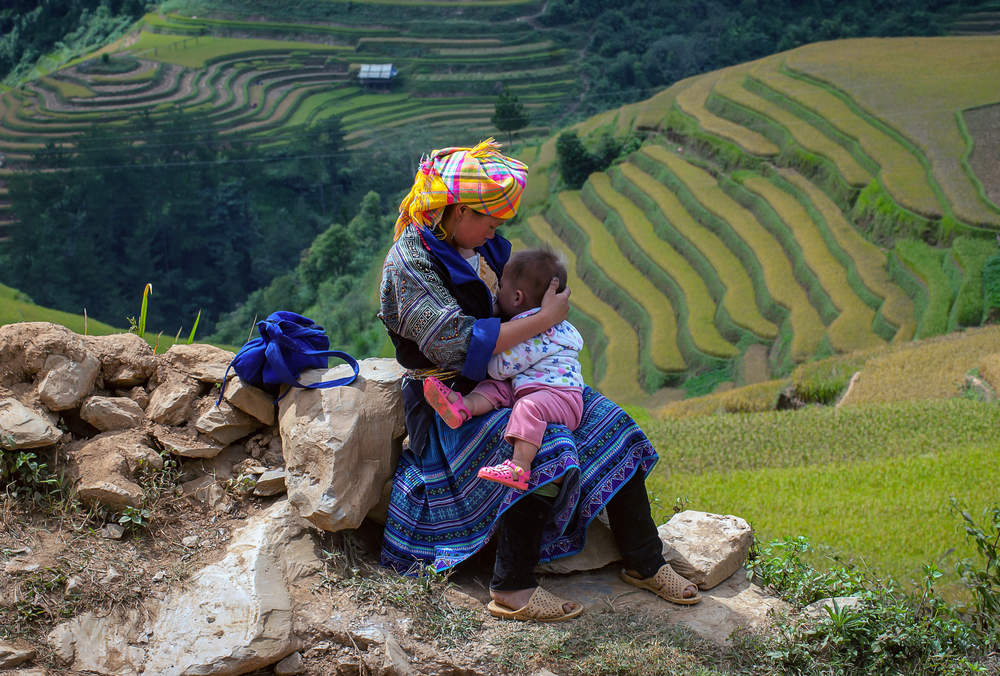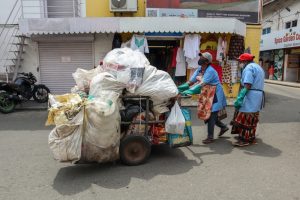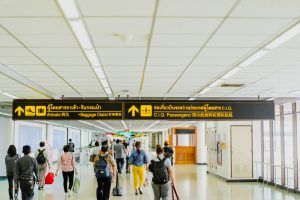World Breastfeeding Week 2023, running from Tuesday 1st August to Monday 7th August, is addressing the pressing need for improved breastfeeding support for working parents.
The theme “Enabling breastfeeding: making a difference for working parents,” initiated by the World Alliance for Breastfeeding Action (WABA), calls attention to the hurdles faced by working mothers.

Workplace challenges continue to be the top reason women either never start or prematurely stop doing it. Research shows that parents who take less than three months of maternity leave report shorter breastfeeding durations. Therefore, ensuring workplaces are equipped with adequate facilities and policies is critical.
The Struggle Across Asia
The struggle of balancing these duties with work responsibilities is a global issue, but particularly acute in Asia, where only a few countries mandate workplace breastfeeding facilities. This issue directly addresses the persistent inequalities hindering sustainable development.
The Medical Benefits of Breastfeeding
Breastfeeding carries profound medical benefits for both mother and child. For infants, breast milk provides optimal nutrition, fortified with essential vitamins and antibodies to bolster the baby’s immune system. Studies suggest that breastfed infants may have fewer instances of diarrhoea, respiratory illnesses, and ear infections. They also show lower risks of obesity, diabetes, and sudden infant death syndrome. For mothers, breastfeeding encourages postnatal recovery, aids in weight loss, and may lower the risk of postpartum depression. Furthermore, prolonged breastfeeding has been associated with reduced risks of breast and ovarian cancer. Given these substantial health benefits, enabling breastfeeding in working environments is not just a matter of equity but also public health.
A Need for Policy Change
The World Health Organization (WHO), UNICEF, and numerous Ministries of Health and civil society partners advocate for maternity rights supportive of breastfeeding. A minimum of 18 weeks of maternity leave, ideally extending beyond 6 months, and accommodating workplaces thereafter, are essential to ensuring women can breastfeed as long as they wish.
Creating a Breastfeeding Culture
Unfortunately, over half a billion working women worldwide lack basic maternity provisions, with many feeling unsupported upon returning to work. This World Breastfeeding Week, WHO is leveraging its influence to promote best practices for workplace-related breastfeeding support across different countries, contract types, and sectors. The aim is to bolster actions that will make this a viable option for all working women.
Free community events and resources designed to help working parents navigate these challenges are part of the agenda. Examples of these initiatives include Breastfeeding Friendly Workplaces, which provide valuable information for both employees and employers, and the Crayon Parental Leave Register, the most comprehensive database of employer parental leave policies in New Zealand.
Conclusion
As World Breastfeeding Week 2023 unfolds, we see a powerful drive towards building a world that truly supports working parents. By targeting the very obstacles that prevent working parents from being able to do this, it offers hope for a healthier and more equitable future. The medical and societal benefits of breastfeeding are undeniable. Let’s ensure they’re accessible to all.













